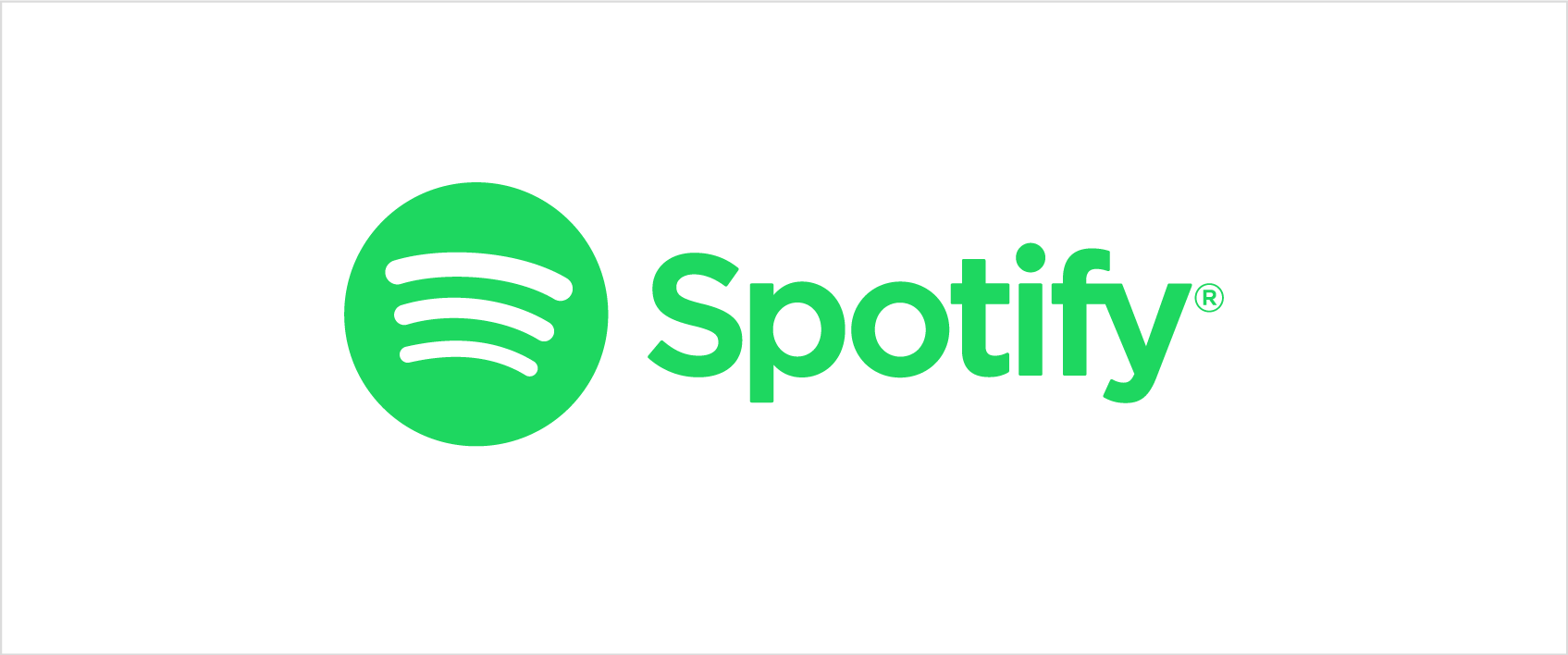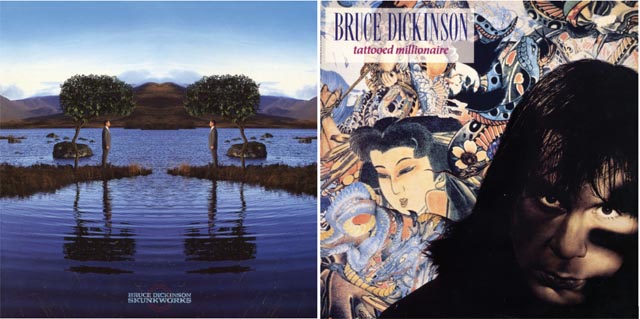
In an aggressive move against songwriters, major streaming services have appealed a decision by the Copyright Royalty Board to increase royalty rates paid to artists. The ruling will increase royalty rates for artists by 44% over 5 years. The 2018 ruling was recently announced starting a 30 day countdown for appeals. Spotify, Pandora, Amazon, and Google wasted no time filing their appeals. Although separately filed, the streaming giants appear to be presenting a united front with their appeals of the ruling asking the U.S. Court of Appeals for the D.C. Circuit to review the CRBs decision. Apple has not filed its own appeal.
Apple music is showing clear support for songwriters by not appealing the ruling, and have stated that they will not appeal in the future. In 2016 the CRB began accepting input on future statutory rates that would be applied to downloads and interactive streaming services starting in 2018. Apple submitted a proposal to the CRB at that time, suggesting a flat rate be paid to artists. The rate, 9.1 cents per 100 streams. Apple argued that a flat rate would make it more difficult for services like Spotify and the Google owned company, YouTube, to offer free streaming music resulting in extremely low artist pay, and the devaluation of music playback as a service. Apple has no free tier in its Apple music structure. Streaming sites like Google, YouTube, and Spotify allow users access to a vast library of music for free thereby eliminating the need for a pay services. Pay services which would result in artists being more fairly compensated for their efforts.
The National Music Publishers’ Association has praised the move by Apple Music saying,
“We thank Apple Music for accepting the CRB decision and continuing to be a friend to songwriters,” said David Israelite, president and CEO of the NMPA. “While Spotify and Amazon surely hope this will play out in a quiet appellate courtroom, every songwriter and every fan of music should stand up and take notice. We will fight with every available resource to protect the CRB’s decision.”
In a statement, Spotify, Pandora, and Google had this to say:
“The Copyright Royalty Board, in a split decision, recently issued the U.S. mechanical statutory rates in a manner that raises serious procedural and substantive concerns. If left to stand, the CRB’s decision harms both music licensees and copyright owners. Accordingly, we are asking the U.S. Court of Appeals for the D.C. Circuit to review the decision.”
Amazons name was absent from the statement.
Pandora, in a blog post, cited the complexity of the CRB rate structure adding that it would make it difficult for music streaming companies to offer bundles of music and non-music content. Certainly a flat rate, as proposed by Apple, would simplify the way artists compensation would be calculated. And I should mention that Spotify has recently announced an offer to give all of their premium subscribers a free subscription to Hulu, normally $5.99 a month, down from $7.99 a month. Keep in mind that streaming services like Hulu pay a premium for the right to share movies and tv shows to their subscribers on their service. A very different reality from services who stream music.
Clearly the issue is that giant corporations have decided that offering free music streaming as a means to generate ad revenue is the way people should enjoy music. I will explore how this way of thinking came to be in another article. As a consumer it is a very attractive proposition. Music is such a part of our background lives that we almost don’t notice it anymore. Commercials, television shows, movies, all use music as a means of invoking emotions, setting moods, telling stories. We hear music in stores, at events, in elevators, we are constantly surrounded by music. With such immersion, it may be easy to forget that music has value.
How we experience music has value. The people that create music have value. While we have systems in place to compensate artists for the use of music in movies and television, digital music streams are a very different discussion. In an industry that is growing at an incredible rate, the music upon which it is built needs to be recognized as the very foundation of its success, and the artists that create that music need to be compensated accordingly. This is a hugely important issue and a discussion that must continue until we get it right.











